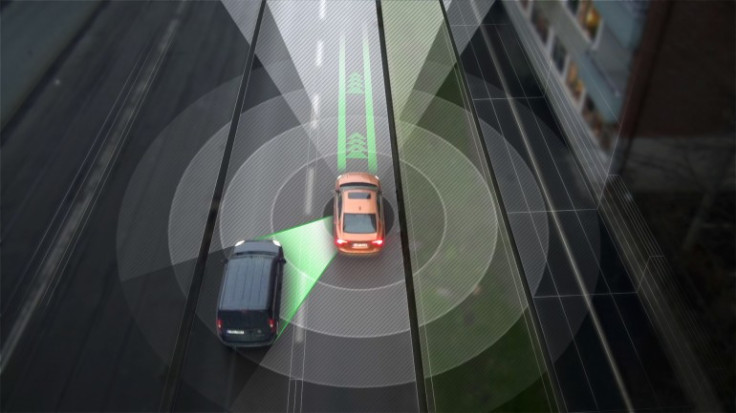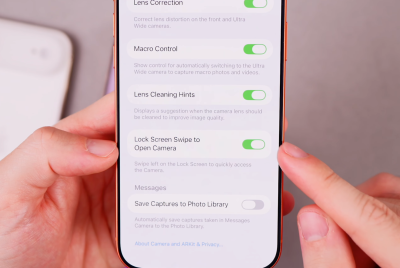FBI Fears Self-Driving Cars Could Become 'Lethal Weapons'

The Federal Bureau of Investigation (FBI) has warned that self-driving cars could potentially be used as "lethal weapons" by criminals in the future, according to reports.
A restricted report by the Strategic Issues Group within the FBI's Directorate of Intelligence was obtained by the Guardian, apparently revealing that there are concerns of "dual-use applications" by criminals.
"(Self-driving cars) will have a high impact on transforming what both law enforcement and its adversaries can operationally do with a car," the report states.
"Bad actors will be able to conduct tasks that require use of both hands or taking one's eyes off the road which would be impossible today."
Such tasks include suspects carrying out shootings from self-driving getaway cars at law enforcement agencies in pursuit.
The report also alludes that safety features of self-driving cars, such as speed limiters, could potentially be over-ridden, or that weapons and explosives could be fitted to the vehicles to transform them into self-driving bombs.
"Autonomy will make mobility more efficient," it states, "but will also open up greater possibilities for dual-use applications and ways for a car to be more of a potential lethal weapon than it is today."
The FBI's report does however acknowledge certain benefits of having self-driving cars on the road. They include a reduced number of accidents and a greater ease in tailing suspects.
"Algorithms can control the distance that the patrol car is behind the target to avoid detection or intentionally have a patrol car make opposite turns at intersections, yet successfully meet up at later points with the target," the report says.
Numerous auto manufacturers have already tested prototypes for self-driving cars, including Volvo, Nissan, Ford and Tesla.
Google, which has for the most part led the self-driving car phenomenon, revealed its own self-built driverless vehicle earlier this year. The two-seater car features no steering wheel, accelerator or brakes.
"The project is about changing the world for people who are not well-served by transportation today," said Google co-founder Sergey Brin. "There's not great public transportation in many public places in the United States."
© Copyright IBTimes 2025. All rights reserved.






















